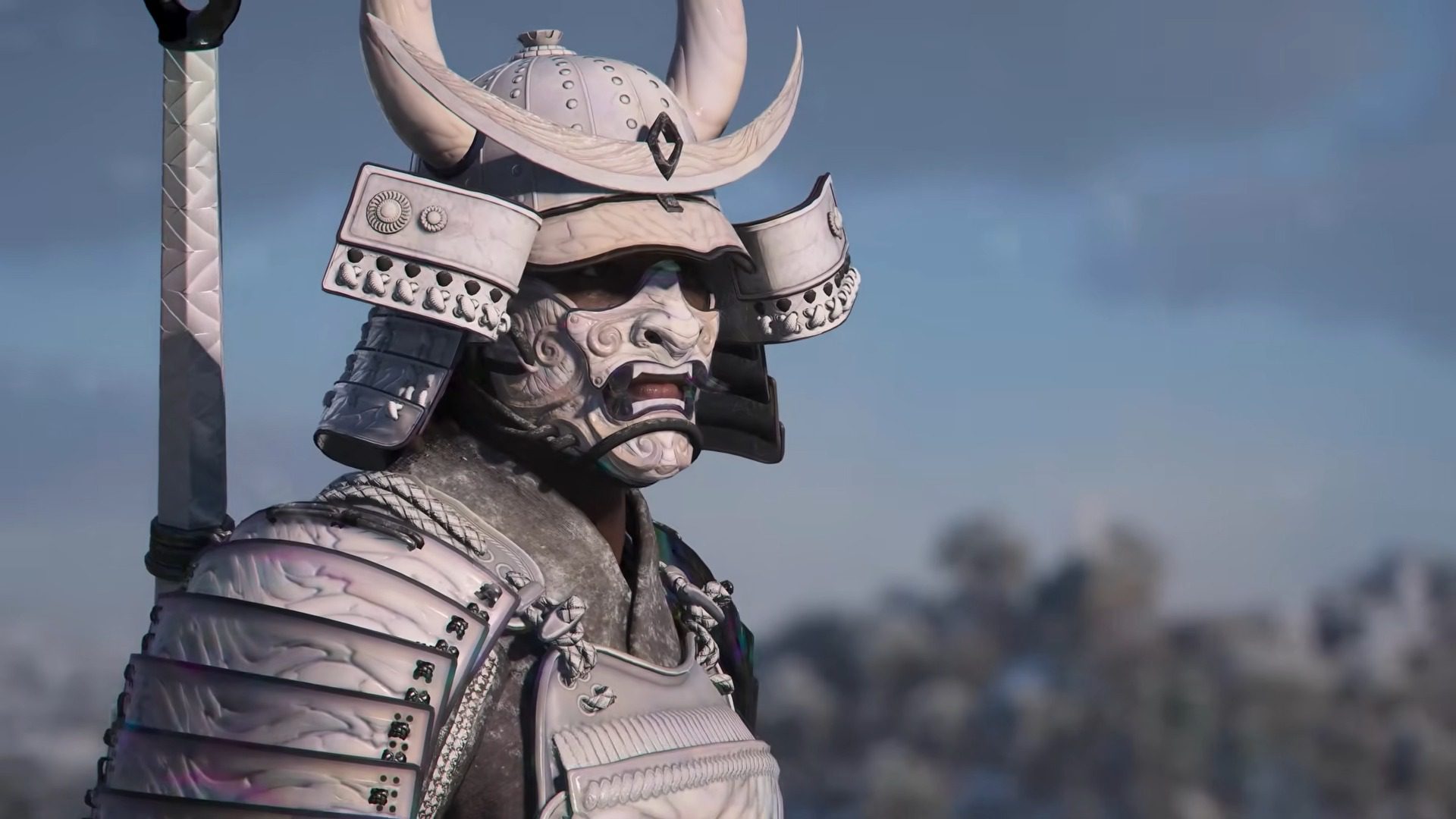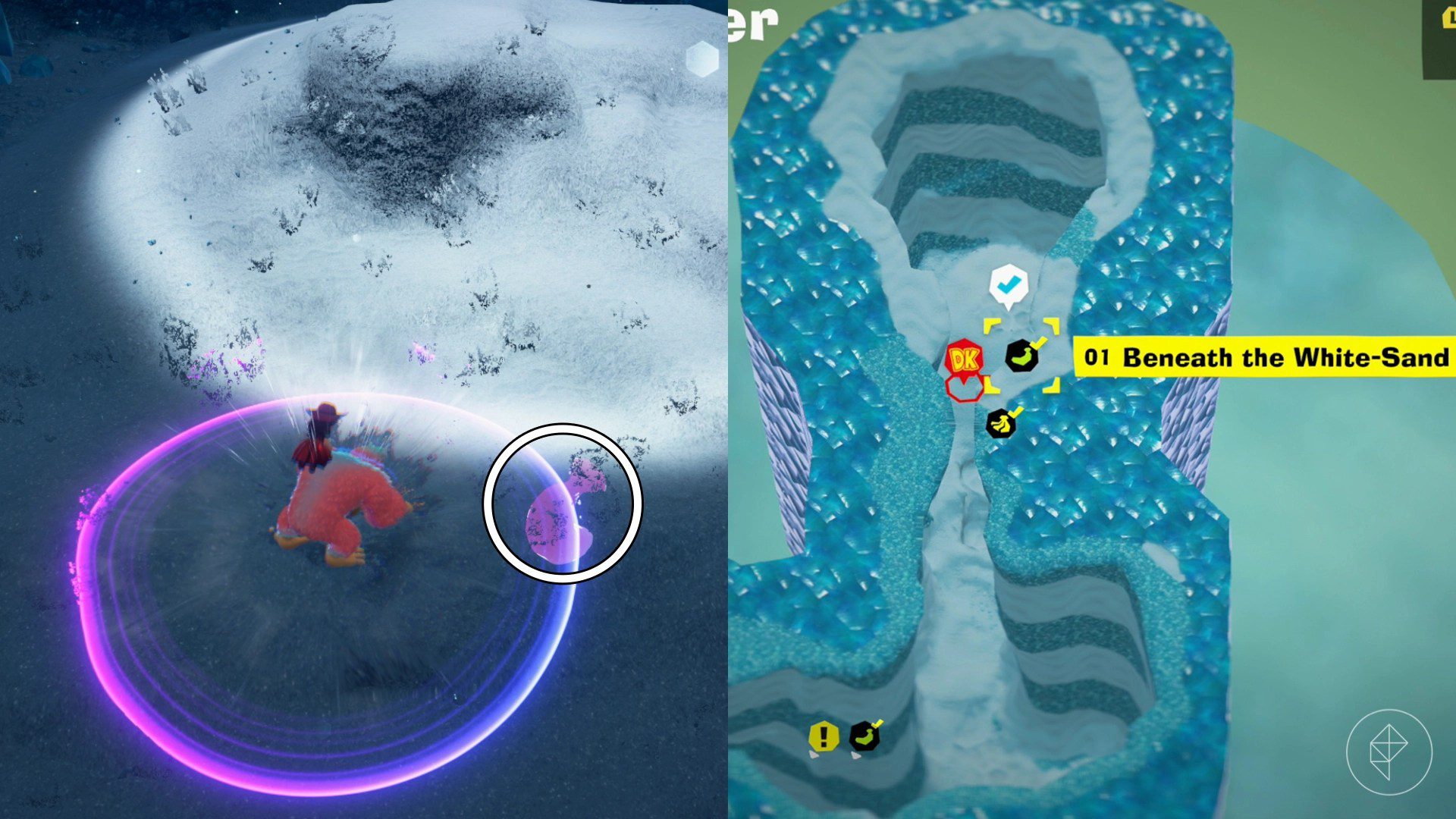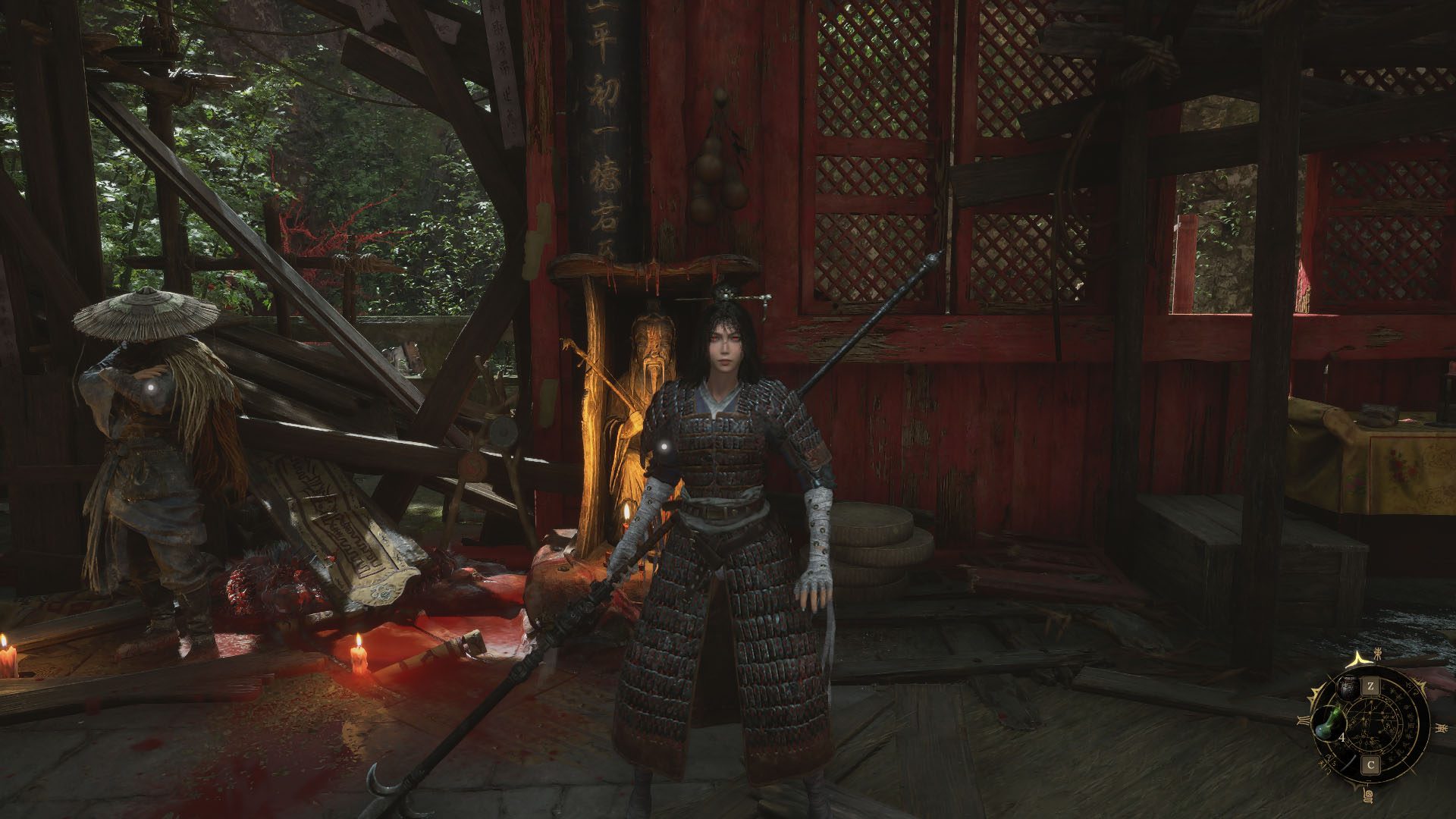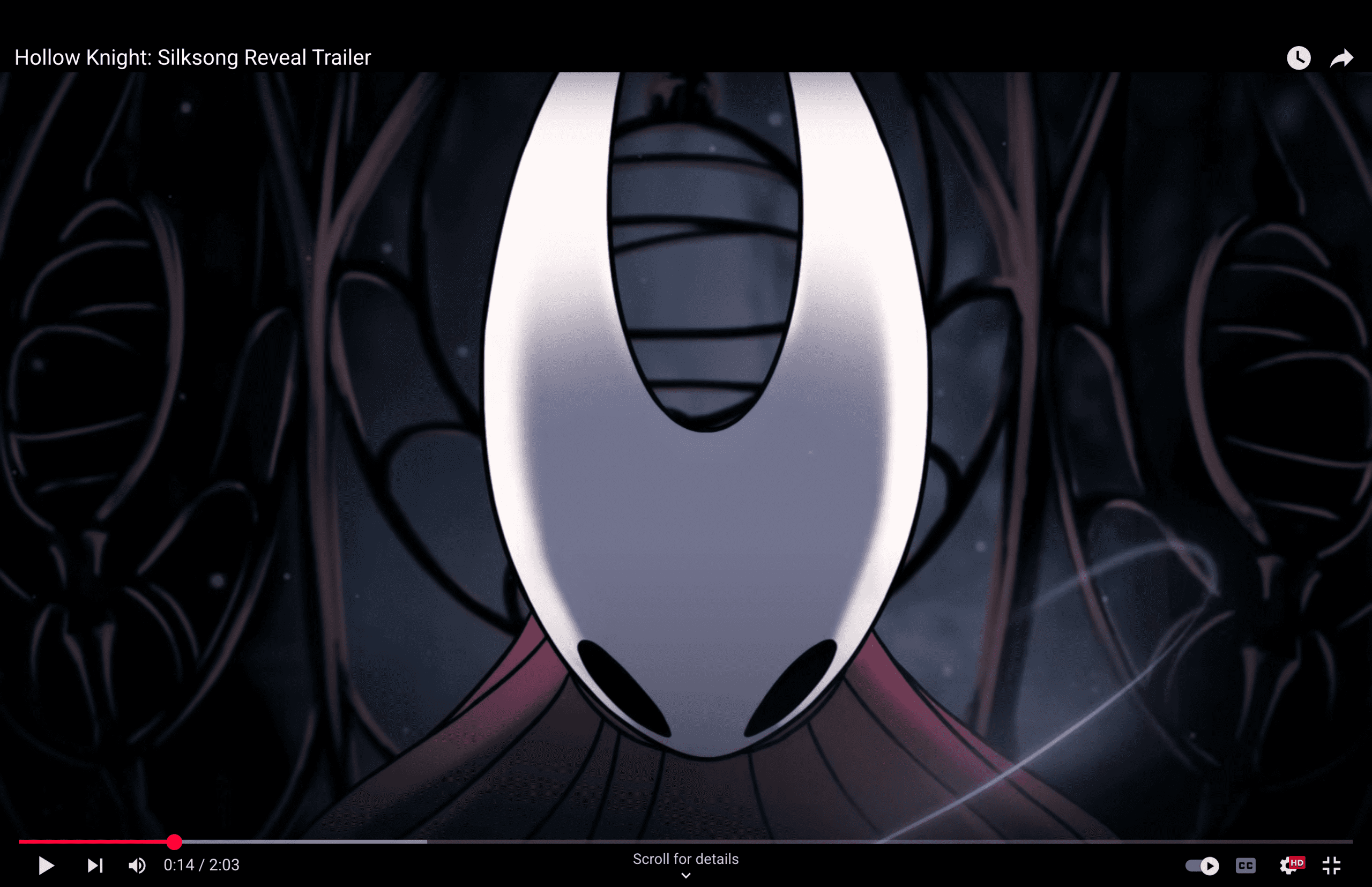Microsoft’s Game Pass subscription is likely the best deal around: For a fraction of the price of a full game, you get access to hundreds of titles every month, some of which are brand new. But when video games cost millions to make, and news of studio layoffs are constant, you don’t need to look at an Xbox balance sheet to know the numbers aren’t adding up for a service where the introductory price is a mere dollar. This dissonance is at the heart of a recent discussion on social media site X, where Raphael Colantonio, founder of Arkane Studios, has spent the last few days breaking down why the service is arguably doing more harm than good.
“I think Gamepass is an unsustainable model that has been increasingly damaging the industry for a decade, subsidized by MS’s ‘infinite money,’ but at some point reality has to hit,” Colantonio said in a reply to a post from a follower. “I don’t think GP can co-exist with other models, they’ll either kill everyone else, or give up.”
According to a Bloomberg report in 2024, Microsoft spends a billion dollars a year to get third-party games on its subscription service. That’s in addition to the billions the console-maker has spent acquiring marquee studios like Bethesda Softworks and Activision Blizzard.
For contrast, the most recent numbers for users set the tally at 35 million Game Pass subscriptions, some of which include the people who are only paying a dollar or otherwise bought the subscription through one of its periodic sales. The service went up in price a year ago, which means that up until somewhat recently, Game Pass was making even less money than it’s making now. At first blush, these numbers seem promising inasmuch as they suggest that the service is growing. In 2022, Game Pass had a reported 25 million subscribers. But it’s worth noting that in 2023, Microsoft shifted all existing Xbox Live Gold subscribers to a lower tier of Game Pass subscriptions. This would suggest that Game Pass has actually lost subscribers over the last few years, which coincides with an admission from Phil Spencer in 2022 that subscriptions are slowing down on console.
Though it may appear nonsensical, this approach is a tried and true model in the world of tech. Services like Uber, for example, spend years operating at a loss until they capture the entire market. Once the competition is obliterated, the product in question can move freely in ways that might hurt the consumer. Prices can go up, the service could get worse, and so on — but at that point, users already rely on the service and there are no other viable options. Similarly, while other companies have attempted their own versions of subscription models, none of them have managed to amass the userbase Game Pass has thus far. What appears to be a good deal now may, in fact, be a ticking time bomb.
Add in the fact that people are spending way less on games in 2025 than last year, and that Microsoft has undergone multiple rounds of layoffs that have shuttered entire studios and fired thousands of workers in the last year alone, and it starts to paint an ugly picture for an industry that’s already in crisis. It’s a worrying trend that might illuminate why publishers are greenlighting fewer games and taking fewer risks: A game can sell millions, and the studio still might be shut down. The mere existence of Game Pass cuts into those numbers, which could then motivate some studios to take deals with the service just to be safe. That’s guaranteed money and visibility over the murky uncertainty of releasing a game into the void.
Colantonio’s post has unsurprisingly lit a fuse on social media, where developers and gamers alike are chiming in. Some creatives in the industry agree with Colantonio’s assessment. “The infinite money thing never made any sense,” responded Larian Studios director of publishing Michael Douse.
But for the people on the other side of the equation — gamers — the Game Pass critique has gone down poorly. Some of the replies to Colantonio’s post have gotten ugly, but rather than presenting an actual argument, the exchange has devolved into potshots. Some point out that Colantonio has worked on titles that are available on Game Pass. It certainly doesn’t help that text-based social media strips away tone and makes it easy to dehumanize the person on the other side of the exchange.
Still, Colantonio has spent time trying to reason with people who are misreading his post as an attack on people who subscribe to the service. “I understand gamers like it: it’s a great deal, but the maths don’t work for GP, it only works because MS injects billions into it to make it a good deal for the players… for now,” he wrote in one thread.
“I understand, you can look at it just from your standpoint, but when a deal is too good, there is a reason that might reveal itself later and will hurt everyone including you,” he wrote in another. “At the moment you have access to a fair amount of good games for a fraction of the actual cost.”
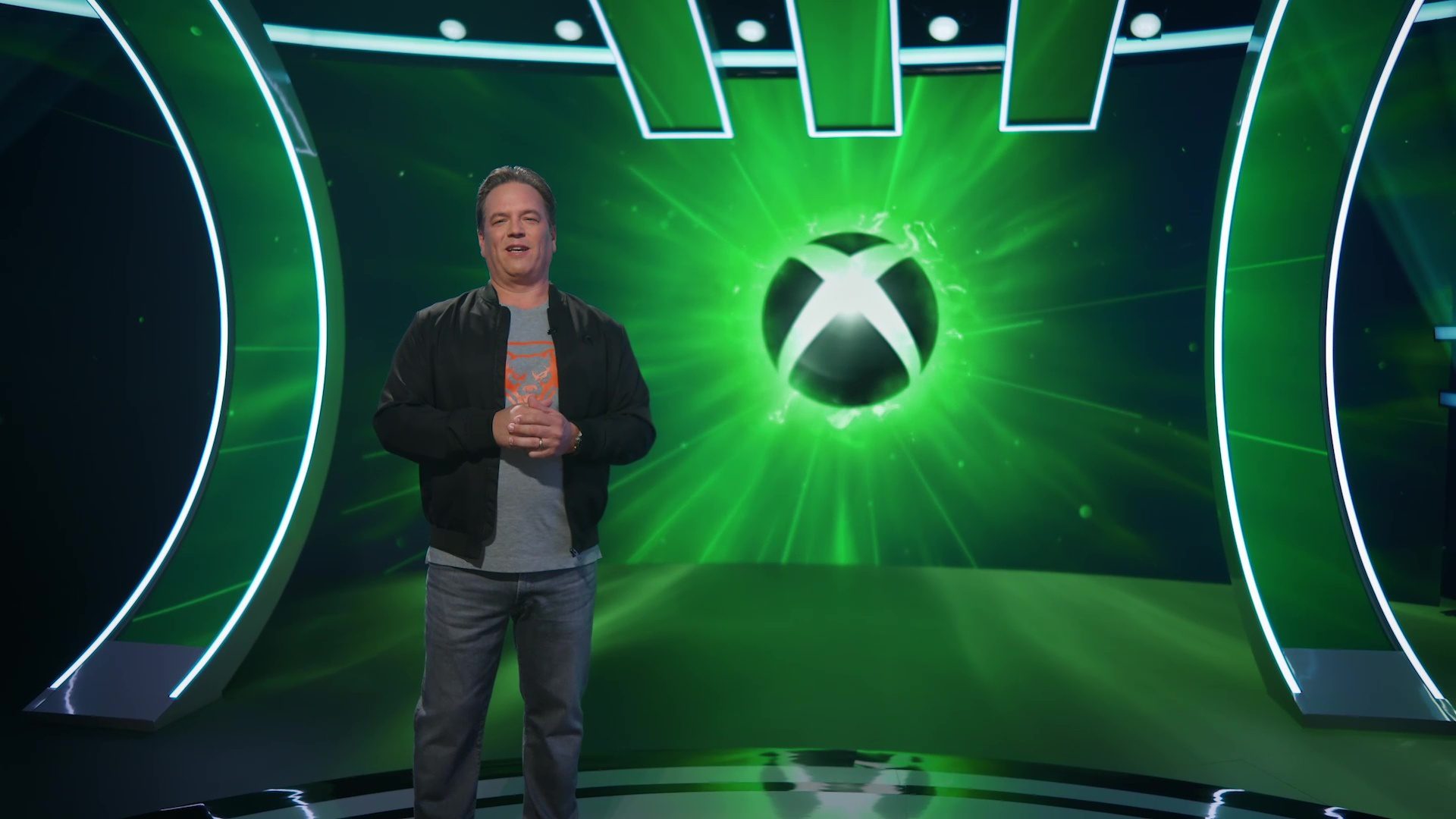
Image: Xbox
Part of what complicates this conversation is the knowledge that for all of its shortcomings, Game Pass has been a boon to some studios that might have otherwise had trouble finding funding or garnering an audience. Becoming available on the service puts you in front of millions of eyeballs, and guarantees mention on articles that detail what’s new and noteworthy on the service. Other times, being on Game Pass gives titles another shot at finding an audience. Games like Sea of Thieves and No Man’s Sky saw an influx of players after hitting Game Pass, for example, despite already being available beforehand and largely offering the same experience once there. I know that I’m more likely to give an indie game a try if it hits Game Pass.
Despite the trolls, there are definitely people who understand Colantonio is saying. But when games are starting to cost $79.99, the price of accessories is going up, and with no shortage of microtransactions to consider, it’s no wonder people feel so strongly about the value of Game Pass.
“I’m sure it isn’t good for devs but if my wage isn’t going up but my rent is and so are gas prices and groceries then I’ll look for the best deal,” one user said. “And if it stops being a good deal then I’ll find an alternative.” Colantonio’s response? The underlined 100 emoji.
